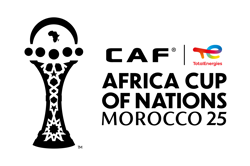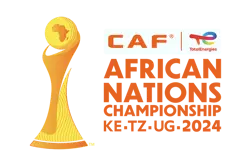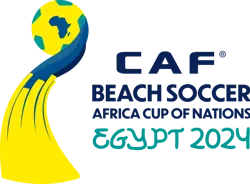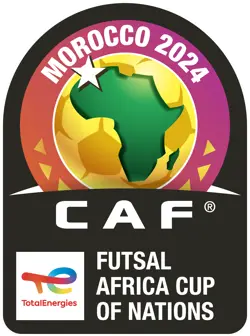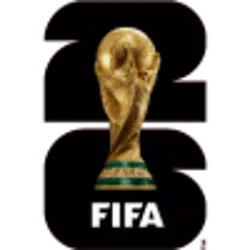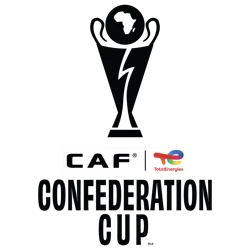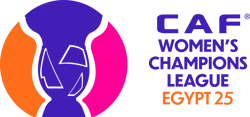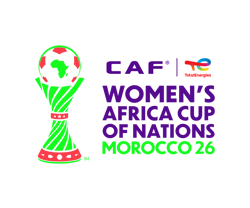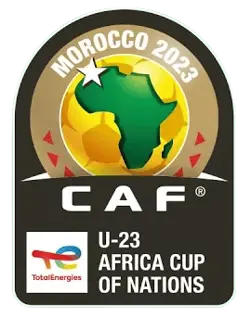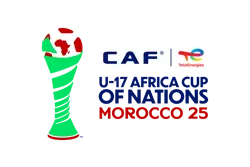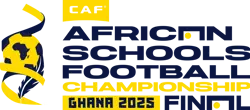Morgane Belkhiter (Algeria): “I take on my role as a leader with pride”
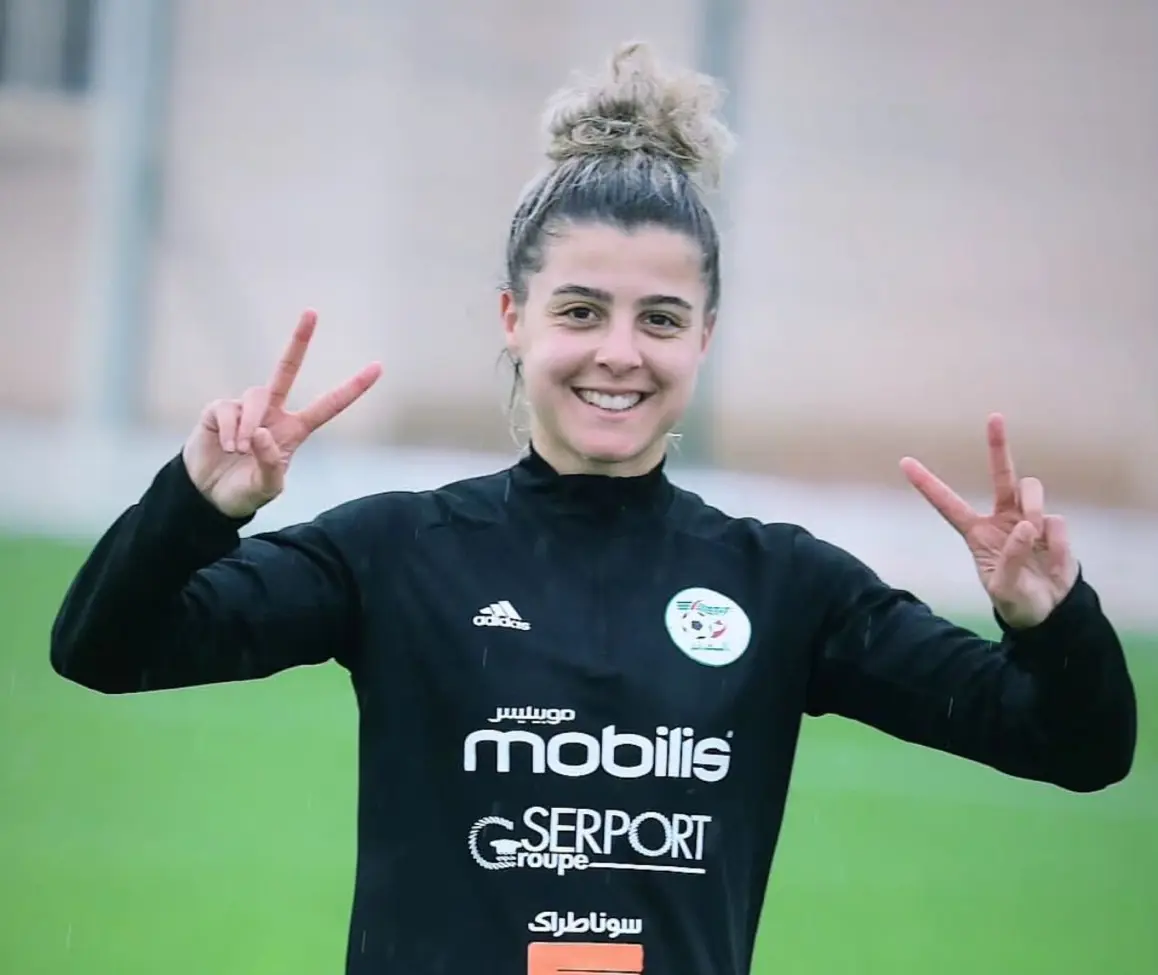
She bleeds green—whether turning out for AS Saint-Étienne in France’s Division 1 Féminine or donning the Algerian jersey on the international stage. Since making her debut in 2018, Morgane Belkhiter has established herself as one of Algeria’s most important players.
At 29, she is preparing to play in her second TotalEnergies CAF Women’s Africa Cup of Nations (AFCON), after making her debut in Ghana six years ago.
Back then, as a 22-year-old, she and her teammates exited at the group stage in what many called the "Group of Death," facing African heavyweights Cameroon, Ghana, and Mali.
That experience was a baptism of fire, but it taught her invaluable lessons about African football—the intensity, the different playing styles, and the electric atmosphere of the continent’s biggest women’s tournament.
Now, armed with more maturity and years of top-flight experience, she heads into the tournament in Morocco with a new mindset and is ready to help guide a younger generation of Algerian talent.
In this interview with CAFOnline.com, Belkhiter opens up about the team’s evolution under coach Farid Benstiti, Algeria’s prospects in Group B, and her personal growth from promising youngster to one of the team’s senior leaders.
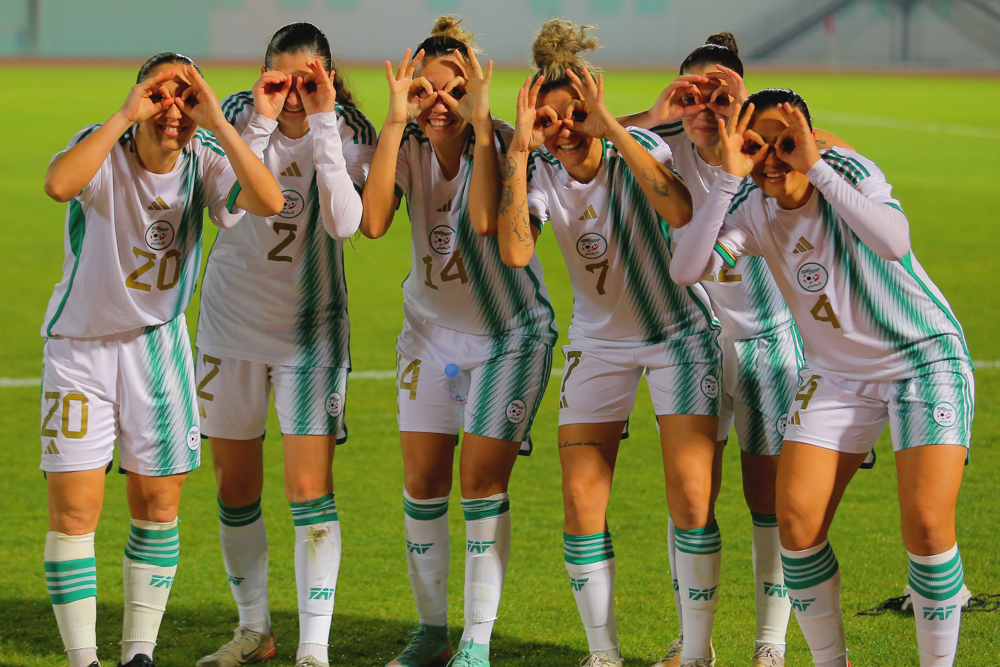
CAFOnline.com: Algeria have been drawn into Group B with Nigeria, Tunisia, and Botswana. What are your thoughts on the group?
We’re in a very tough group, especially with Nigeria—one of the powerhouses of African football. We played them recently in a friendly and lost 4-1. Tunisia is also a strong side. We faced them last year in a 2-2 draw, and their squad has improved since then. Many of their players are based in France. As for Botswana, they’re a bit of an unknown. Personally, I’ve never played against them. It’s a group full of quality and talent, and it promises some exciting matches.
Algeria last played in the Women’s AFCON in 2018 in Ghana, where the team was eliminated in the group stage. What memories do you have from that tournament, and what lessons did you learn?
2018 feels like a long time ago—I was 22 and just getting started. We were in a very difficult group with Cameroon, Ghana, and Mali. It was my first time playing in Africa, and it was tough. But it taught me a lot. African football is unique—it’s fast, physical, and full of passion. That experience helped me grow. Now, I understand the rhythms and demands of the tournament better. With this second opportunity, I hope to use that experience to help the team. The conditions will be different in Morocco, but the intensity will be just as high.
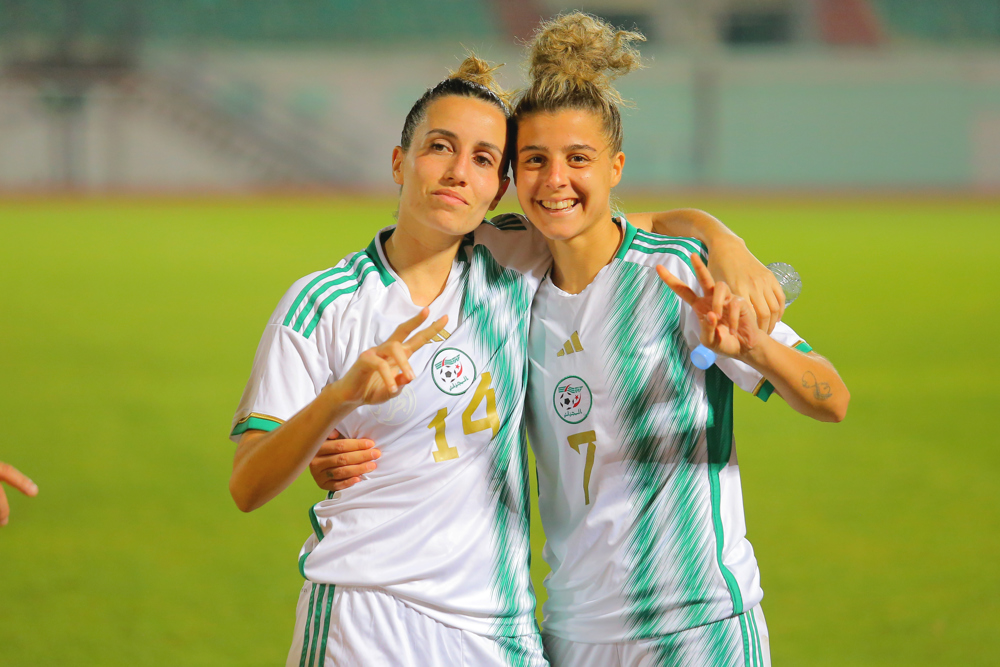
How have the last seven years without a Women’s AFCON felt for you and the team?
It’s been a very long wait. In 2022, we played South Africa in the final qualifying round. We lost the first leg 2-0 and drew the second. It was heartbreaking—we felt we could have turned it around at home.
Seven years is a long time in football. Women’s competitions in Africa are limited. There’s the AFCON and the Olympic qualifiers, and that’s pretty much it. So now that we’re back, we’re hungry and motivated to make the most of it.
In your opinion, how has the team improved over the years?
The team has grown a lot under Coach Farid Benstiti, who is a big figure in women’s football. He’s been with us for three years now, and he’s brought a new philosophy and integrated many new players. African football is very different from what we’re used to in France, but we’ve adapted.
We’ve developed a clear playing identity—different from Nigeria or South Africa, who play more direct, and different from Morocco or Tunisia, who are more technical. Algeria has its own style now. I truly believe we can become one of the top teams in African women’s football.

What’s the team’s current mindset heading into the tournament?
Ever since we qualified, the mood has been great. Every training camp brings in new talent and increases competition for places, which is a good thing. The group is tight-knit, and everyone’s excited to be in Morocco. Playing in the AFCON is special, and we all want to embrace the experience and go as far as we can.
You’re now one of the veterans in the squad. How has your role changed over the years?
When I joined the team, I was 22 and just starting out. Since then, I’ve gained experience, played in important matches, and matured as a player. Today, I’m part of the team’s leadership group, and I’m proud of that. It comes with responsibility, and it’s not always easy—but I believe I have what it takes to wear that role with pride.

What do you admire most about this new generation of Algerian players?
The team spirit. There’s a strong bond among us. Everyone knows their role and shares the same ambition. Alongside the other leaders, we’ve set clear standards to keep the team focused and driven. Every training session is competitive, and the level keeps rising. I look forward to every call-up—it’s a chance to keep improving and growing together.
As a defender, how do you view the evolution of women’s football in Africa, especially defensively?
There’s been huge progress, especially in tactical discipline. Video analysis has really helped us understand and correct mistakes. The overall level keeps improving with more talented players joining national teams. Defensively, the game is becoming more structured, and we have to keep adapting to stay at the top.
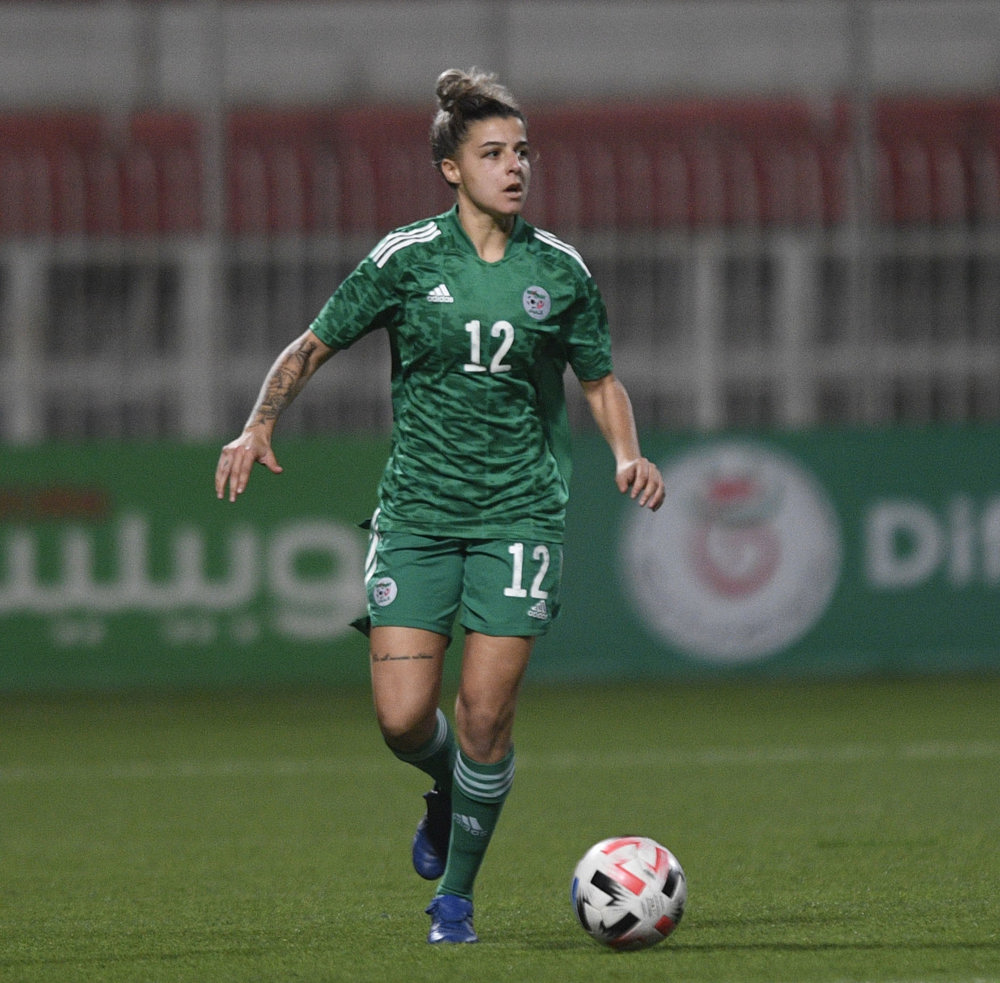
What is your ultimate dream with the Algerian national team?
Winning a title—lifting the AFCON trophy with Algeria. That would be the ultimate honour. It’s every player’s dream to achieve something historic for their country, and we’re going to give it everything we’ve got to make it happen.
